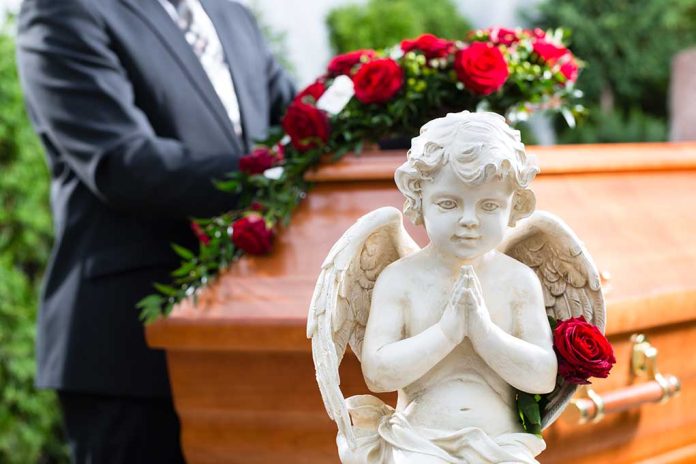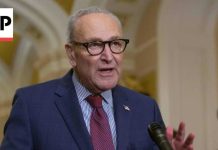
Pope Francis’s election marked a transformative period in the Catholic Church, amplifying values of mercy and inclusion.
Key Takeaways
- Pope Francis emphasized justice, equality, and environmental stewardship throughout his papacy.
- He actively opposed immigration policies that undermined human dignity.
- His inclusive doctrinal changes reshaped traditional Church teachings.
- Francis’s environmental initiatives influenced global climate discussions, including the Paris Agreement.
- His governance style promoted inclusivity and shared decision-making.
Background and Election
Argentinian Jorge Mario Bergoglio, elected as Pope Francis in 2013, became the first Jesuit and Southern Hemisphere pope. His background as a child of migrants significantly shaped his compassionate papal agenda. Francis prioritized justice, ecology, and humanity, reflecting his Jesuit training and lengthy tenure as Archbishop of Buenos Aires starting in 1998. His election marked what some commentators called “a tectonic shift” in the Church, challenging traditional norms with an emphasis on inclusivity and global engagement.
His papacy launched renewed discourses on climate action and the equal dignity of every human being, informed by his personal experiences and deep theological grounding. Francis communicated Christian faith in relatable, straightforward manners, often steering clear of papal ostentation, opting instead for modest residences and simpler lifestyle choices.
Doctrinal and Governance Reforms
Francis enacted significant reforms to Catholic teachings, including a historic revision of the Church’s stance on capital punishment, now considered “inadmissible.” He appointed women to key Vatican roles and introduced inclusive dialogue processes within the synod, granting equal rights to lay participants. Despite receiving critiques from all directions, his approach was highly synodal, promoting shared authority between clergy and the laity.
“What is built on the basis of force, and not on the truth about the equal dignity of every human being, begins badly and will end badly,” Pope Francis said.
During his papacy, Francis expanded the College of Cardinals’ representation, significantly influencing potential selections for his successor. He also enhanced the Church’s global footprint, reaching countries unvisited by past popes. His governance style reflected efforts to substitute clerical careerism with dedication to Christ-like service among both clergy and laypersons.
Environmental Advocacy and Global Engagement
In his groundbreaking encyclical “Laudato si’,” Francis described environmental degradation as a “structural sin,” urging action on climate change, biodiversity preservation, and socio-economic disparities. He held discussions with climate leaders and convened meetings with oil executives, even influencing the Paris Agreement negotiations. The findings of the encyclical led to the creation of the Laudato Si’ Movement, energizing Catholics worldwide into environmental advocacy.
Pope Francis reminded the people that “there is a need to act with urgency, compassion, and determination, since the stakes could not be higher.”
Through his tireless work on humanitarian and climate initiatives, Pope Francis shaped a legacy defined by tolerance and engagement. While controversies lingered and not all potential successors echoed his climate commitments, Francis’s legacy in these realms remains vital to the Church’s ongoing mission in a fractured world.
Sources:
- https://www.theguardian.com/commentisfree/2025/apr/21/pope-francis-justice-ecology-humanity-christian
- https://time.com/7278986/pope-francis-environment-climate-legacy/
- https://www.newsweek.com/how-francis-radically-reshaped-catholic-church-2035465
- https://www.foxnews.com/lifestyle/5-ways-pope-francis-impacted-catholic-church










